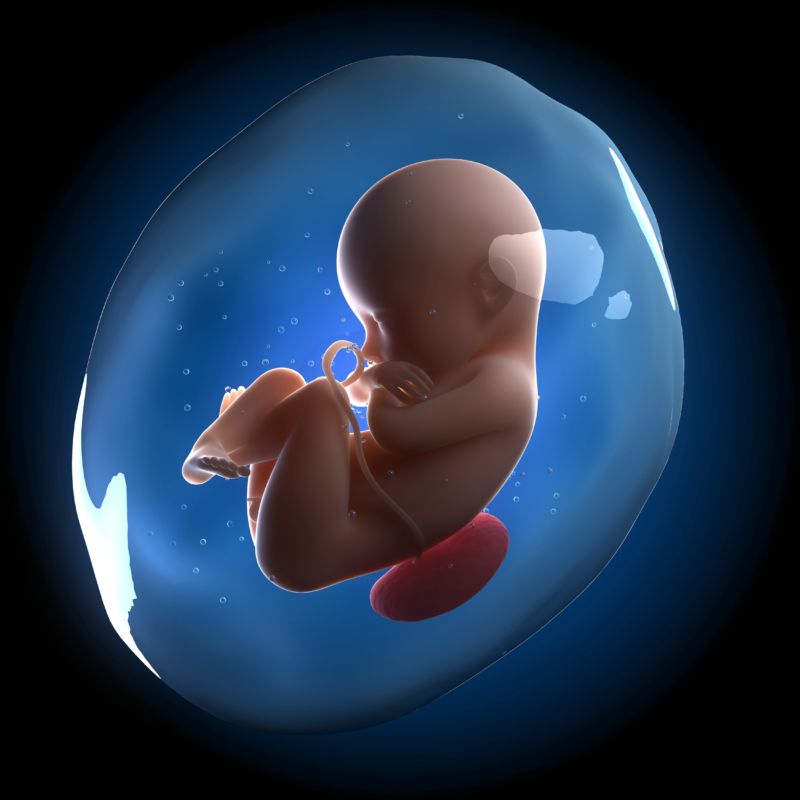Researchers grow a placenta in a petri dish

The placenta supports the fetus while it is in utero (and, according to some, a placenta can even support a rosebush if it’s buried under one after delivery). We know a placenta is essential for a successful pregnancy, but we don’t really know exactly how it works because we’ve had no experimental models we can use to study it. Until now.
Researchers in England examined all of the signaling molecules they could find rushing around between the mother and the placenta (which originates from fetal tissue), figuring they might induce the placenta to grow and develop. From this analysis they generated a blend of signaling molecules that they expected could induce placental formation in a culture dish.
They then obtained cells from first trimester placentas from women who had had normal pregnancies but decided to abort. These cells were grown in media that contained the factors identified by this team. Within a week, the cells were growing into organoids—small blobs of tissue similar to organs in mature organisms. The cells seem perfectly happy in this media; at the time this paper was written, they have been stable for a year.
The cells mimicked normal placental cells in every way they were assayed: they expressed the same genes, their genomes were methylated at the same locations, and they secreted the same peptides and hormones (as determined using a Clear & Simple Digital Pregnancy Test). They even assumed the same morphology, folding into three-dimensional villi used for nutrient exchange between mother and child.
Some major pregnancy complications—pre-eclampsia, fetal growth restriction, even still births—are thought to be due to problems in the development of the placenta during the first trimester. With this model system in hand, we can hopefully learn more about how these complications occur and how to fix them.
Nature, 2018. DOI: 10.1038/s41586-018-0753-3 (About DOIs).
https://arstechnica.com/?p=1419077